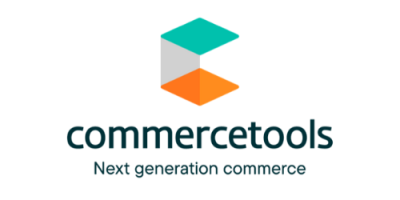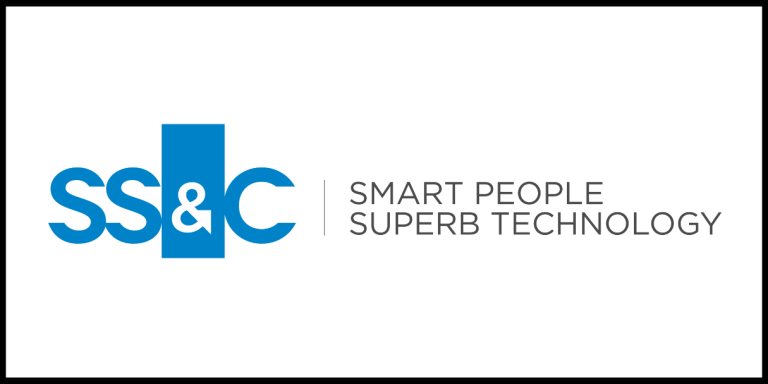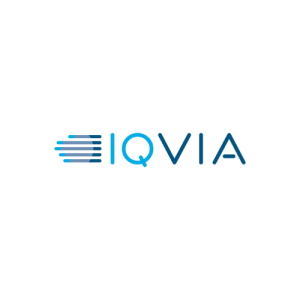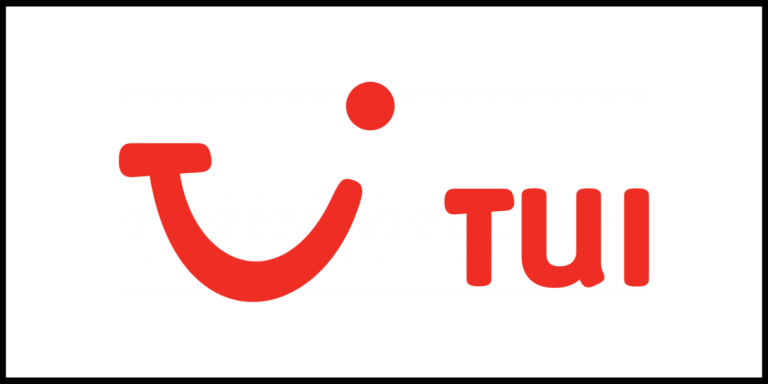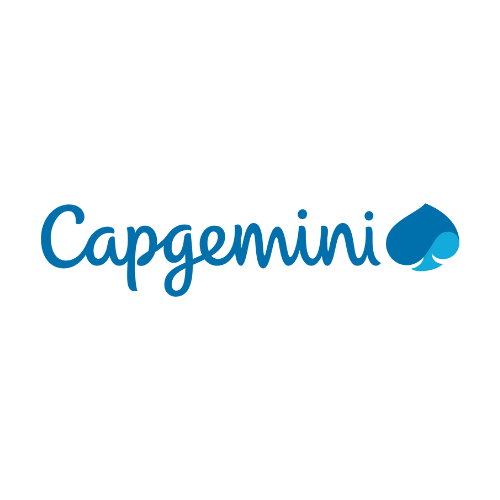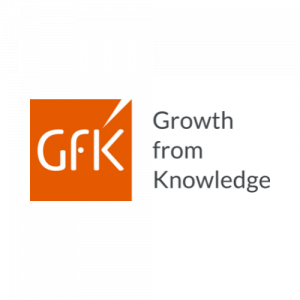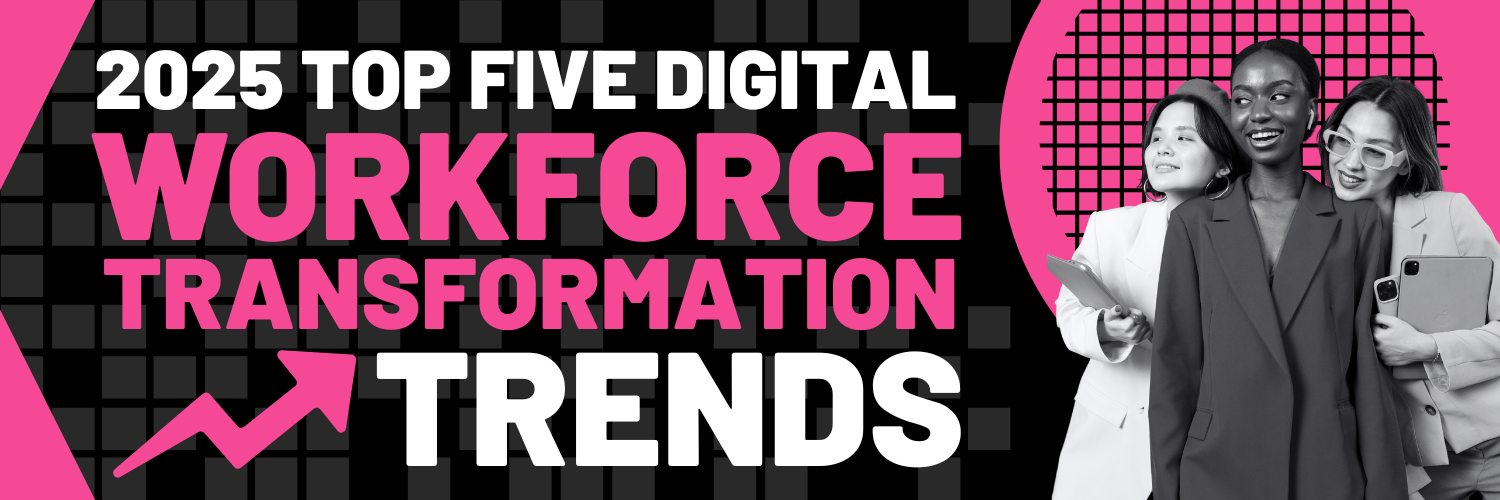
Content Menu
THE 2025 DIGITAL TRANSFORMATION TRENDS SHAPING THE WORKFORCE
As businesses prepare for 2025, Digital transformation continues to be a driving force behind workforce innovation and evolution. GenAI has become increasingly part of the day-to-day, alongside Cloud Computing, IoT and data analytics.
But it’s not just about adopting new technologies; organisations need to rethink how they operate, build teams, and achieve their goals. From embracing sustainability to creating more inclusive workspaces, digital transformation is reshaping the workforce for the better.
In this blog, we will explore five key trends that will shape the workforce of 2025. These trends will help organisations create dynamic teams ready to succeed in a tech-driven world.D
Five Key Trends Driving Digital Transformation:
1. Generative AI as a Workforce Game-Changer
Generative AI is no longer about future potential—it’s the here and now. Gartner predicts it could take on 70% of data-heavy tasks by the end of 2025, streamlining workflows and unlocking time for strategic innovation. But its value goes beyond automation. Businesses need to invest in training their employees to work well with AI, focusing on teamwork and improving productivity.
Here’s a top three list of the most popular applications of generative AI in the workplace:
- Content Creation and Personalisation: Automating the generation of marketing copy, customer communications, and personalised content for campaigns.
- Data Analysis and Insights: Enhancing decision-making by processing large datasets, identifying trends, and generating actionable reports.
- Customer Service and Chatbots: Delivering seamless customer experiences with AI-driven chatbots that handle inquiries, support, and problem-solving.
2. Skills-Based Hiring and Agile Upskilling
Organisations have caught up to the power of hiring for skills and capability, rather than only qualifications. As AI and IoT technologies grow quickly, businesses need candidates with flexible skills which are often learned outside of traditional education. Employers must rethink how they assess talent, focusing on specific capabilities instead of credentials. The Financial Services Skills Commission has put together a framework for organisations wanting to become more skills-based.
And it’s not just about hiring. To stay ahead of the curve, companies need to create a culture of continuous learning. With online courses and micro-credentials, upskilling at work is easier than ever. Check out our employee training courses to help your teams stay agile and ready for the future.
3. Using Digital Transformation to Support Diversity and Inclusion
Organisations are leveraging technology and digital transformation to enhance diversity and inclusion by using AI-driven recruitment tools that reduce bias. They also provide easy-to-use learning platforms to help diverse talent improve their skills as well as flexible work arrangements with cloud-based collaboration tools.
Data analytics helps track diversity metrics more accurately. AI-powered employee feedback systems assist organisations in addressing inclusion issues right away. Virtual employee resource groups (ERGs) foster community building, ensuring underrepresented groups have the support they need. By integrating these digital tools, businesses are creating more equitable, inclusive, and engaging work environments.
4. Sustainability in the Spotlight
Green jobs and digital transformation are intersecting to create a new wave of eco-conscious opportunities. AI and IoT are helping businesses cut waste and optimise energy use. Sustainable code, which focuses on maintainability and ethical resource use, helps reduce resource consumption and supports environmental sustainability. With demand for green skills surging by 46% in the UK alone, organisations are aligning their strategies with environmental goals, which means tapping into the talent that will drive a greener future.
5. Smart Threats, Stronger Defences
In 2025, effective cybersecurity is more important than ever as threats become smarter and harder to detect. Hackers are using AI to launch attacks, so companies need AI-powered tools to fight back. Zero Trust security, which means “trust nothing, verify everything,” is a must for protecting cloud systems and remote work setups, and with new technology like quantum computers advancing, companies need to be prepared with stronger security and encryption methods. Employers must invest in employee upskilling, as well as advanced tools and resilient systems to secure operations and safeguard critical infrastructure against modern cyber threats.
Embrace Innovation
Digital transformation offers exciting opportunities for businesses to innovate and thrive. From the integration of AI and sustainability initiatives to the evolution of flexible workspaces and the associated cybersecurity threats, these trends are reshaping how we think about work itself. As organisations prepare for 2025, embracing these advancements will not only enhance productivity but also foster inclusivity, agility, and resilience within teams. By staying ahead of these trends, businesses can build a dynamic, future-ready workforce equipped to navigate an ever-evolving landscape.



